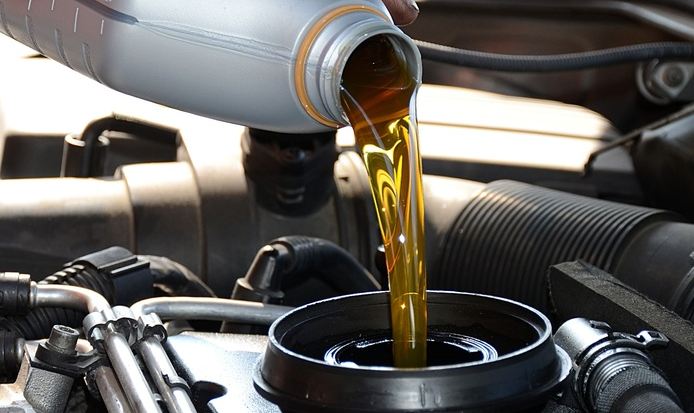Changing your oil regularly is a crucial part of maintaining the health and welfare of your car. If you neglect proper oil changing, then the car will die. Plain and simple.
Oil should be changed at around three-thousand miles or every three months. Some cars may be able to work on the same oil for five-thousand miles, but beyond that, you are taking a risk when not changing oil.
You must consider a comparison between oil changes based on the type of driving and the relative driving conditions.
This will allow you to accurately choose the proper amount of time that should pass between separate oil changes. And this is not a minor point.
Proper care and maintenance of a car begins and ends with the condition of the engine. Conversely, the condition of the engine begins and ends with proper care and maintenance of the oil that is running through the engine.
Under the umbrella label of normal driving conditions, you can probably get away with not having to change the cars oil as frequently as a car that is driving on more severe conditions. If the cars driving conditions do not involve treacherous weather, stop and go traffic, speeds that are not excessively fast or slow, you might be able to squeeze a few more miles or weeks on top of the standard three-thousand/three-month moniker.
When driving in weather that is very cold or has freeway conditions similar to say, Los Angeles, a car will be under a great deal of stress. (Actually, all beings be they mechanical or organic are in a constant state of stress in Los Angeles). So, when one has to drive in these types of more stressful conditions, it would probably be wise to stick to the three thousand/three month module. Driving with oil that gets dirty quicker and then continually driving on oil that is in this condition will eventually cause severe damage to the cars engine. This is something you should avoid whenever possible.
Now, when it comes to comparing oil changes, one must compare the various shops that offer the oil change service. What is paramount to making a consumer comparison between these various shops requires understanding that the oil is not the only thing that needs to be changed. Transmission fluid, fuel injection, tire pressure, and even window washer fluid are generally included in the oil change process. And it goes without saying that proper inspection of the air filter is generally included.
So, how do the shops compare with one another? Do they perform all the required checks or do they miss items? And, on the flipside, do they recommend additional service or fluid changes that are not necessary?
These are just generalizations but they offer a decent guideline to the types of comparisons that need to be considered when making an oil change or deciding where to get ones oil changed.
The last thing you will want to consider is the actual oil used. If you go to a place like Jiffy Lube, they will usually give you four or five possible oil change types. As you scale up in price, the viscosity of the oil increased, too, which means it will break down a lot slower and actually theoretically last longer (even though they will still tell you to come back in three months).

